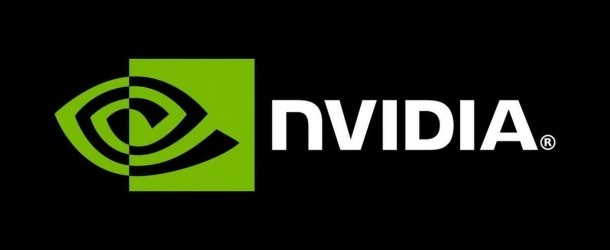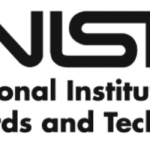Nvidia aims to bridge the GPU and quantum computing realms via cuQuantum

(Tom’sHardware) Francisco Pires writes that Nvidia is “building a CUDA-like framework for quantum computing’. Background: CUDA is a parallel computing platform and programming model created by NVIDIA. With more than 20 million downloads to date, CUDA helps developers speed up their applications by harnessing the power of GPU accelerators. IQT-News summarizes Pires discussion about Nvidia’s aim to bridge the gap between GPU & quantum computing with its CUDA-like cuQuantum/
Nvidia is accelerating its efforts to bridge the GPU and quantum computing realms through cuQuantum, its Tensor-capable (opens in new tab)quantum simulation toolkit. Through it, the company aims to accelerate quantum circuit simulation workloads in ways that are beyond the reach of today’s NISQ (Noisy Intermediate-Scale Quantum) systems. But for that to happen, the company is betting on further integration between quantum and classical systems towards hybrid solutions. Unsurprisingly, GPUs are at the forefront of Nvidia’s quantum developments.
Nvidia has set its sights on creating a low-latency connection that can link its GPUs – and their quantum-simulation-capable Tensor cores – with current and upcoming QPUs (Quantum Processing Units). The aim here is to take advantage of GPU’s immensely powerful parallel processing, leveraging them for quantum-specific workloads such as circuit optimization, calibration, and error correction, while lifting the communications bottleneck between quantum and classical systems.
The aim is to streamline a quantum-geared, unified programming model and compiler toolchain (opens in new tab) that abstracts different QPUs for a more focused usage of quantum capabilities. Nvidia hopes to facilitate the transition from classical to quantum-classical workloads by allowing users to partially port their HPC (High-Performance Computing) apps to a simulated QPU, and then towards the processor itself.
Sandra K. Helsel, Ph.D. has been researching and reporting on frontier technologies since 1990. She has her Ph.D. from the University of Arizona.



















